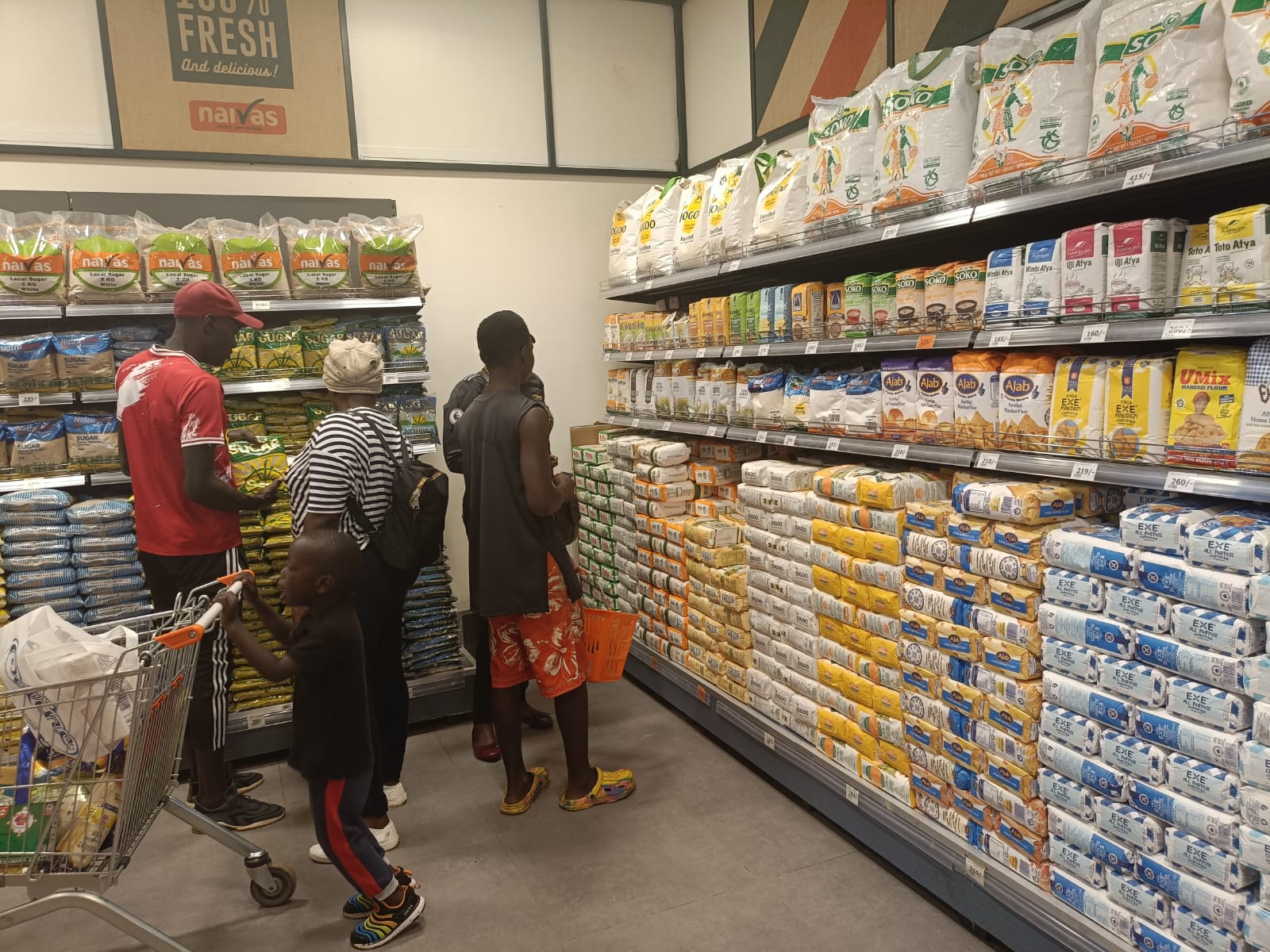

Nairobi and Dar es Salaam have been named the areas with the highest maize prices in the entire COMESA region of 21 countries, making life hard for average consumers.
This is according to a new report by Common Market for Eastern and Southern Africa (COMESA) Competition Commission (CCC).
The findings show that cartels and market concentration are pushing up the cost of essential goods like fertilizer, foodstuff and cooking oil in Kenya.
Kenyan consumers are grappling with skyrocketing prices of essential food inputs such as fertiliser and cooking oil, driven in large part by uncompetitive market practices and excessive profit margins imposed by dominant traders.
The report, part of a wider investigation across East and Southern Africa, says Kenyan agro-dealers are applying excessive markups on fertilizer, keeping prices high despite a global drop in input costs.
“African agri-food markets are not working. These pricing distortions are undermining farmers and punishing consumers,” the report notes, citing high consumer prices, low producer earnings, and persistent import dependence as key structural failures.
In the edible oils market, the Commission found that Kenyans pay nearly double the production and input costs before VAT, with the margin differences particularly stark in urban areas.
The report states, that Kenya’s market for agricultural inputs and outputs is characterised by limited competition, inadequate market data, and a high concentration of power among a few dominant players.
This pointing to inefficiencies in transport, storage, and distribution systems as aggravating factors. It further notes that government subsidy programmes are failing to shield Kenyan consumers from inflated food prices.
According to the report, retail prices for key commodities significantly exceed fair value estimates. In Nairobi, food items are marked up by as much as 53 per cent over what the Authority deems fair pricing, effectively rendering subsidy efforts ineffective.
The vegetable oil market illustrates the extent of the problem. Despite relatively low input and processing costs, Kenyan households are paying up to $3 per litre of cooking oil—more than double the price indicated by underlying cost structures.
“Vegetable oil is largely imported as crude oil and refined locally,” the report notes, highlighting a sharp disparity between raw input costs and final retail prices.
The findings point to structural inefficiencies and possible market distortions that undermine the impact of government efforts to make essential goods more affordable.
The Commission is calling on member states to tighten market surveillance, overhaul trade regulations, and dismantle non-tariff barriers distorting regional food markets.
The findings come as calls intensify to reform agricultural pricing and support smallholder farmers, who remain vital to food security across the continent.















